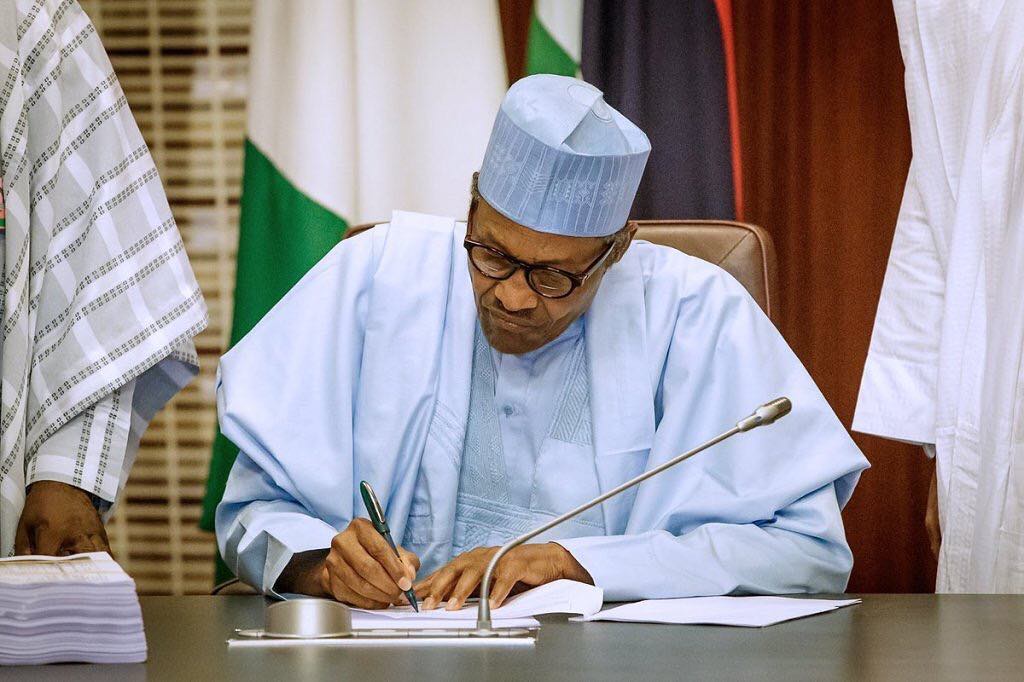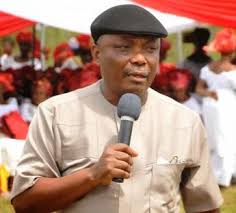News Analysis: Mixed grill as Nigeria signs the AfCFTA

Aliu Akoshile
President Muhammadu Buhari yesterday in Niamey signed the African Continental Free Trade Area (AfCFTA) agreement, making Nigeria the 53rd country to endorse the pact.
Expectedly, Nigerian leader’s signature was the cynosure of all eyes at the 12th extra-ordinary summit of the Assembly of Heads of State and Government of the African Union held at the Nigerien capital.
With Benin Republic also toeing Nigeria’s line and signing as the 54th country, it was only Eritrea that had yet to formally append the 67-page multilateral trade document out of the 55 African Union member states.
Targeted at achieving 15 broad objectives that have been sub-divided into eight general and seven specific, the AfCFTA agreement will be executed in two phases.
The phase one, whose scope covers trade in goods and trade in services, has already been ratified by the Assembly; while the phase two, which requires further negotiation on protocols, covers intellectual property rights, investments, and competition policy.
Baring any amendments, the phase two of the agreement will be presented at the AU General Assembly slated for January 2020.
No doubt, the AfCFTA is the most significant economic decision ever taken by the African Heads of State and Government since the formation of AU in Addis Ababa, Ethiopia, on 26th May, 2001.
Of course, African leaders in the 60s and 70s had the vision of a united and powerful continent based on the Pan-Africanist utopia of a single market, free movement and a single-currency.
It was this age-long dream that became a reality when the AfCFTA was signed in Kigali, Rwanda, on 21st March 2018 with Kenya and Ghana emerging as the first countries to deposit the ratification instruments on 10th May 2018.
With ratification by Sierra Leone and the Saharawi Republic on 29th April 2019, which gave the pact its enforcement threshold of 22 ratifying countries, the AfCFTA in real sense came into force on 30th May 2019.
Yet, Nigeria’s formal ratification yesterday, at the 11th hour, has elicited so much excitement across the continent as though it has just sanctified the signing done by other countries. This is understandable.
Nigeria is arguably African’s biggest market with about 200 million of the continent’s 1.3 billion people and a large chunk of the continent’s arable land as well as coastal assets, even if yet untapped.
Hence the initial foot-dragging over the signing of the free trade agreement cannot be divorced from the anxiety in official circles on the implications of the pact on Nigeria’s economy, especially the fiscal and monetary policies.
The Gross Domestic Product (GDP) in Nigeria was worth $397.30 billion in 2018 with its value representing 0.64 percent of the world economy, and a growth rate of 2.3 percent in 2019 and 2.4 percent in 2020.
Although Nigeria’s GDP is projected to be $500.00 billion by last quarter of 2019 and around $650.00 billion in 2020, it can even do much better if all stakeholders who supported Nigeria’s signing of the agreement also take steps to key-in into the expansive scope of the trade agreement.
If that is done, Nigerians must go ahead to take full advance of the opportunities presented by the continental free trade area to improve national earnings and improve the quality of life of the citizenry.
It is reassuring when President Buhari said that “Nigeria shall sustain its strong leadership role in Africa in the implementation of the AfCFTA.” No less is expected of the giant of Africa.







